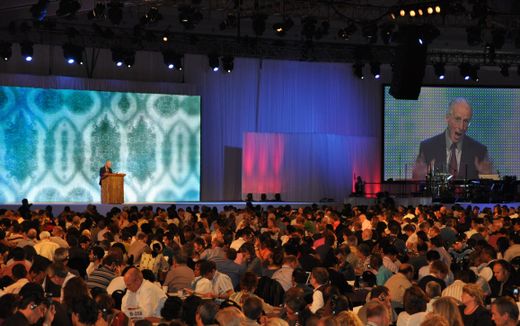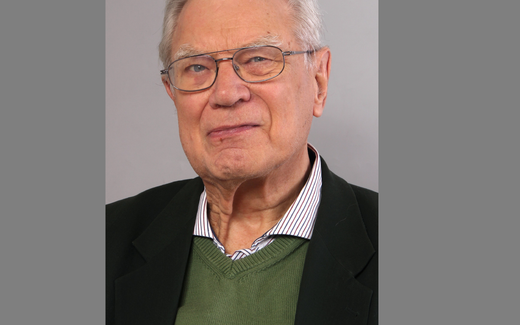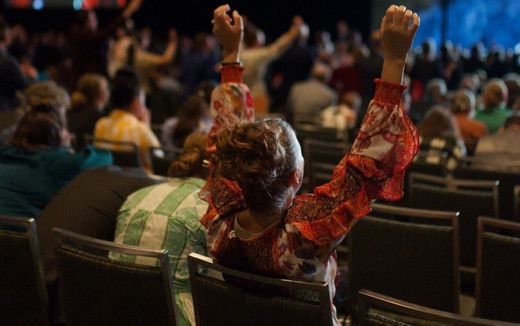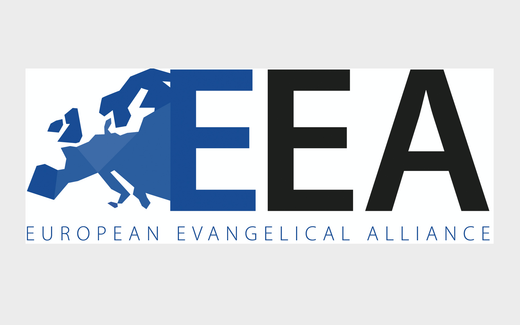Why going to Seoul to reignite missionary enthusiasm for Italy
21-10-2024
Christian Life
Chiara Lamberti

Photo Lausanne Movement
Christian Life
Chiara had always known that her church in Italy had some connection with “Lausanne 1974”. But that became more concrete when she visited the Fourth Lausanne Congress in Seoul, last month.
Stay up to date with Christian news in Europe? Sign up for CNE's newsletter.
The Lord blessed me with one of the most unique experiences I could have. From the 21st to the 28th of September I was in Seoul with twenty-five other Italians nominated to be part of the Italian delegation to the Fourth Lausanne Congress. More than 5,000 people from over 200 countries gathered to reflect on the state of world evangelisation. They took stock of the situation and developed strategies and plans for the near future.
It was also an opportunity to celebrate the 50th anniversary of the birth of the Lausanne Movement, which over the past half century has sought to be a catalyst for evangelical resources and initiatives to fulfil the "Great Commission". In fact, the movement was born in 1974 after the first major "International Congress on World Evangelisation", held in Lausanne, Switzerland, in July 1974, with the presence of 2,400 participants from more than 150 countries. The idea was to revive mission after the tragedies of the Second World War and in the context of decolonisation and the powerful cultural movements of the 1960s.
It was strongly promoted by Billy Graham (1918-2018). The final document, the Lausanne Covenant, was contributed by John Stott (1921-2011), as well as Latin American theologians such as Samuel Escobar and René Padilla. This event was followed by other congresses. Manila in 1989 and Cape Town in 2010, which produced the Manila Manifesto and the Cape Town Commitment respectively. These documents are a great legacy for world evangelism, introducing concepts such as integral mission, reaching the unreached and global mission.
I left for South Korea aware of the impact of this movement on world evangelism and on Italian evangelism. In fact, the echoes of this movement have, since the 1970s, fostered the birth of the Italian Evangelical Alliance. And moreover, this movement has promoted, albeit slowly, the identification of Italian evangelicals with a larger family and in a long history that has set in motion initiatives to promote the concept of integral mission.
The Seoul Congress, fourteen years after the last one, was organised after at least two years of intense research and study. The Lausanne Movement, in fact, activated regional "listening" systems to identify "gaps" to be filled by 2050 in order to achieve the goal of fulfilling the Great Commission. The resulting analysis, published in the State of the Great Commission report, highlighted major societal changes that world evangelism must consider in order to continue to have a relevant voice and effectively promote the gospel.
Indeed, Lausanne IV was the first congress in an all-digital age, the first in which the so-called "Global South" has the majority of Christians and mission work, the first in which the world's population has a demographic problem, and the first in which the world is once again threatened by the winds of potentially global war.
The Congress was therefore an opportunity to reflect on these major issues and to look objectively at the situation of Christianity in the world. Lausanne is not a missionary agency, nor a church-planting effort, but a movement that fosters partnerships and seeks to provide an overview of “world evangelicalism”. This means that as Italian and European evangelicals, the delegates have much to share in their home countries.
As Europeans, we were challenged not to see our continent as a wasteland where Christianity has already had its golden age and where we must resign ourselves to a post-Christian relativism, but to activate new strategies to reach the new generations who need the Gospel more than ever. As Italians, we were challenged to cooperation and unity to achieve the goal of seeing a Gospel Reformation in our country.
As an Italian, it is good to return to my country with an increased vision of what the Lord is doing in the world and with a new enthusiasm for mission in my country that can influence, and influence movements in other places.
Related Articles










